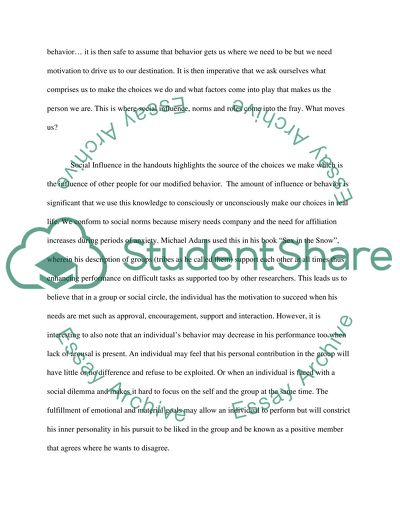Cite this document
(The Ignorance of Human Beings in Understanding Human Behavior Essay, n.d.)
The Ignorance of Human Beings in Understanding Human Behavior Essay. Retrieved from https://studentshare.org/psychology/1544210-discuss-the-correspondence-between-the-attitudes-an-individual-might-espouse-and-his-or-her-behaviour
The Ignorance of Human Beings in Understanding Human Behavior Essay. Retrieved from https://studentshare.org/psychology/1544210-discuss-the-correspondence-between-the-attitudes-an-individual-might-espouse-and-his-or-her-behaviour
(The Ignorance of Human Beings in Understanding Human Behavior Essay)
The Ignorance of Human Beings in Understanding Human Behavior Essay. https://studentshare.org/psychology/1544210-discuss-the-correspondence-between-the-attitudes-an-individual-might-espouse-and-his-or-her-behaviour.
The Ignorance of Human Beings in Understanding Human Behavior Essay. https://studentshare.org/psychology/1544210-discuss-the-correspondence-between-the-attitudes-an-individual-might-espouse-and-his-or-her-behaviour.
“The Ignorance of Human Beings in Understanding Human Behavior Essay”, n.d. https://studentshare.org/psychology/1544210-discuss-the-correspondence-between-the-attitudes-an-individual-might-espouse-and-his-or-her-behaviour.


